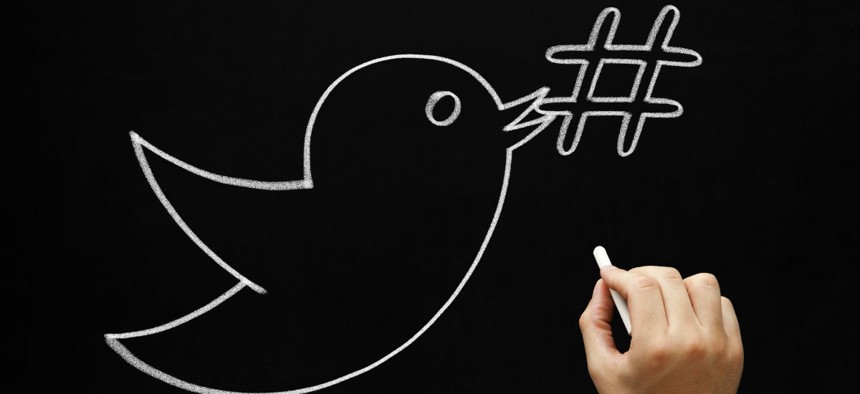CIA's Genius Twitter Strategy

Ivelin Radkov/Shutterstock.com
Why this shadowy government agency is showing its sense of humor.
In January, the CIA sent out this tweet to its hundreds of thousands of followers:
Я писал роман для того, чтобы он был издан и прочитан и это остаётся единственным моим желанием -Пастернак
— CIA (@CIA) January 15, 2015Yes, that’s the US Central Intelligence Agency—one of the most powerful government organizations in the world—sending a tweet, with no other context, in Russian. The tweet was made just days after the US CENTCOM Twitter account was hacked by alleged ISIL sympathizers. Naturally, a lot of people thought the CIA had just been hacked by the Russians.
That was the response the agency was hoping for.
Carolyn Reams, a web strategist for the CIA who operates its Twitter account, was interviewed on a DigitalGov podcast on Aug. 25 about her work coordinating the agency’s social media presence. The agency has been using social media to present a friendlier face as public trust in government institutions has plummeted in recent years.
She admitted that the Russian tweet was designed specifically so people would think the account was hacked. Ultimately, the CIA hoped that the resulting furor would draw more attention to its tweet-story of how the agency snuck copies of Boris Pasternak’s Dr. Zhivago into the Soviet Union during the Cold War.
“We wanted to put [the tweet] out there, and we did, and then we didn’t put anything out for about a half hour,” she said. While the CIA sat quietly—its most recent tweet written in the language of an old American enemy—the internet thought the US government was being hacked again. Kind of brilliant.
Originally, Reams was going to run 12 separate tweets in Russian, but was talked down into only sending one. She even ran it by CIA director John Brennan, who wondered aloud if people would think the agency was hacked.
“Yeah, that’s the idea,” Reams recalled telling Brennan.
If non-Russian-speaking Americans translated the tweet, they would have realized it was a quote from Pasternak (though that, by itself, wouldn’t necessarily prove the account wasn’t hacked). But many didn’t.
“For those people, to include some in the press, who didn’t take a really good close look at it, they thought, ‘oh my gosh, we’re being hacked,'” Reams said. “It worked out quite well, I would say.”
About a half hour after she sent the Russian tweet, Reams began tweeting documents and photos from the CIA Dr. Zhivago story (in English) to, arguably, a much bigger audience than a half hour before (after all, the tweet was re-tweeted more than 1,500 times and covered widely by the media). Mission accomplished. The collateral damage was some annoyed Twitter followers, but she figured they’d get over it.
It’s rather unusual for a shadowy government agency to have a sense of humor, let alone actively try to troll a large number of its followers. But government agencies—the CIA especially, given its secrecy—need to be creative on social media, given all the rules and regulations restricting their voice. NASA is doing a fantastic job, and now the CIA, in its own strange way, is finding ways to get more people interested in declassified missions.
(Image via Ivelin Radkov/ Shutterstock.com)





